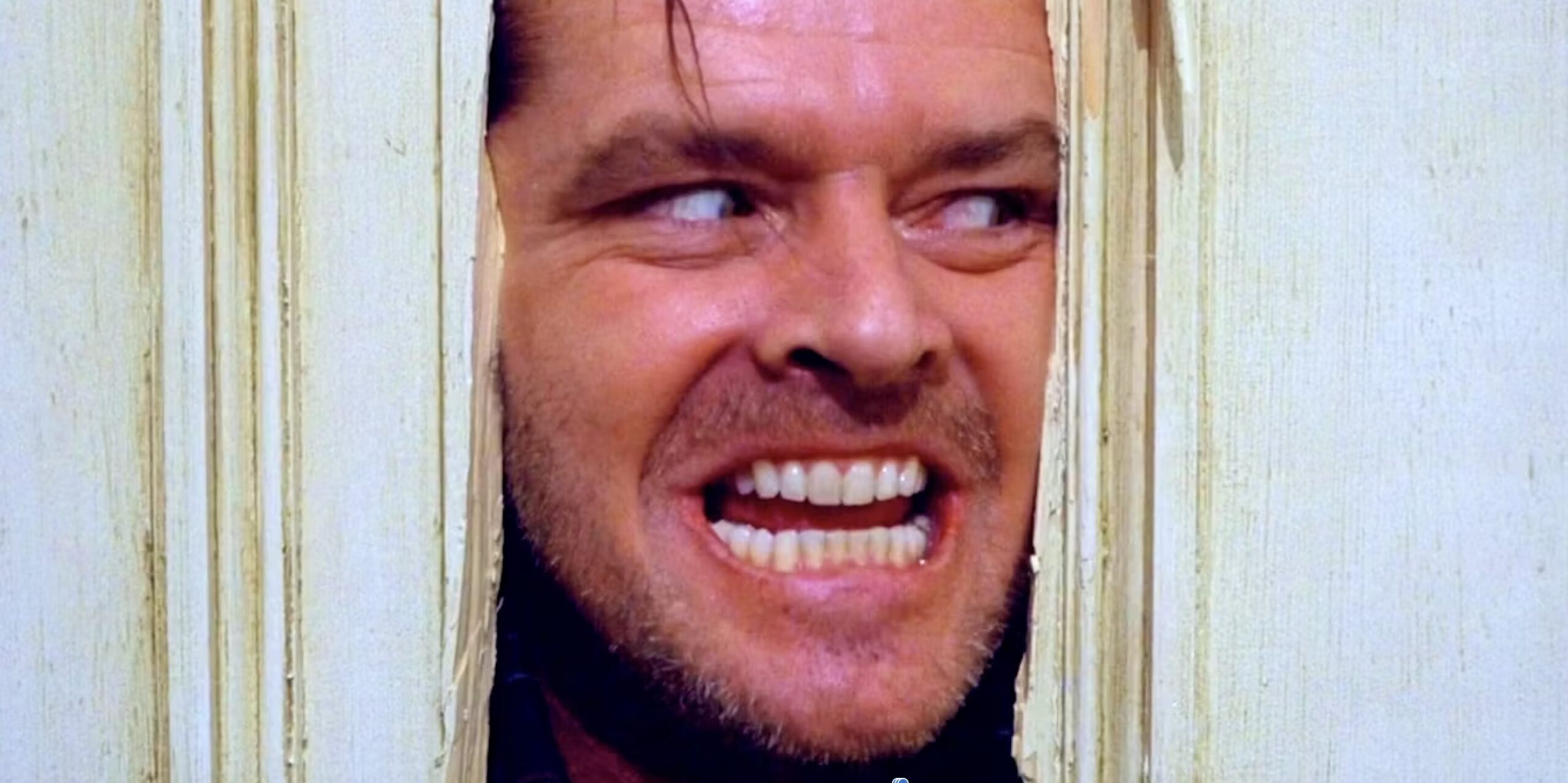Psychosis: Symptoms, Causes, Treatment
What are the symptoms of psychosis?
Psychosis is a mental health condition characterized by a loss of contact with reality. People experiencing psychosis may have symptoms such as:
- Delusions: False beliefs that are not based in reality. For example, a person may believe that they are being persecuted or that they have special powers or abilities.
- Hallucinations: Sensory experiences that are not real, such as hearing voices, seeing things that are not there, or feeling sensations on the skin.
- Disorganized thinking: Difficulty organizing thoughts or making sense of information. This can manifest as speaking incoherently or jumping from topic to topic in a way that is difficult to follow.
- Disorganized or abnormal motor behavior: This may include agitation, restlessness, or unusual postures or movements.
- Negative symptoms: These are symptoms that involve a decrease in the ability to function normally. Negative symptoms of psychosis may include a lack of motivation, social withdrawal, or a decrease in personal hygiene.
- Cognitive impairment: People experiencing psychosis may have difficulty concentrating, remembering things, or making decisions.
- Emotional changes: Changes in mood or emotional expression, such as sudden outbursts of laughter or crying, may occur.
It’s important to note that psychosis is a symptom, not a specific diagnosis, and can occur in the context of several mental health conditions, including schizophrenia, bipolar disorder, and severe depression. If you or someone you know is experiencing symptoms of psychosis, it’s important to seek help from a mental health professional. Early intervention and treatment can help manage symptoms and improve quality of life.
What are the causes of psychosis?
Psychosis can be caused by a variety of factors, including underlying medical conditions, substance abuse, and mental health disorders. Some common causes of psychosis include:
- Schizophrenia: Schizophrenia is a mental health disorder that can cause psychosis. It is characterized by symptoms such as hallucinations, delusions, disorganized thinking, and abnormal motor behavior.
- Bipolar disorder: Bipolar disorder, also known as manic-depressive illness, is a mood disorder that can cause episodes of mania and depression. During manic episodes, a person may experience psychosis.
- Severe depression: Severe depression, also known as major depressive disorder, can sometimes lead to psychosis. This is known as psychotic depression.
- Substance abuse: Psychosis can be caused by the use of certain substances, such as alcohol, amphetamines, cocaine, hallucinogens, and marijuana. Substance-induced psychosis is typically temporary and resolves once the substance is out of the system.
- Medical conditions: Certain medical conditions, such as brain tumors, epilepsy, Parkinson’s disease, Alzheimer’s disease, and infections that affect the brain, can cause psychosis.
- Sleep deprivation: Prolonged periods of sleep deprivation can lead to psychosis.
- Trauma or stress: Severe emotional or psychological trauma, such as experiencing a traumatic event or extreme stress, can sometimes trigger psychosis.
- Genetics: There may be a genetic component to psychosis, as it tends to run in families.
It’s important to note that psychosis is a symptom, not a specific diagnosis, and can occur in the context of various underlying causes. A thorough evaluation by a healthcare provider is necessary to determine the cause of psychosis and develop an appropriate treatment plan.
What is the treatment for psychosis?
The treatment for psychosis depends on the underlying cause and may include a combination of medication, psychotherapy, and lifestyle changes. Some common treatments for psychosis include:
- Antipsychotic medications: Antipsychotic medications are often used to treat psychosis. These medications help reduce the intensity of psychotic symptoms such as hallucinations and delusions. There are two main types of antipsychotic medications: typical (first-generation) antipsychotics and atypical (second-generation) antipsychotics. Your healthcare provider will determine the most appropriate medication based on your individual needs.
- Psychotherapy: Psychotherapy, or talk therapy, can be helpful in treating psychosis, especially when combined with medication. Cognitive behavioral therapy (CBT) and other forms of therapy can help individuals better understand and manage their symptoms.
- Hospitalization: In severe cases of psychosis, hospitalization may be necessary to ensure the safety of the individual and provide intensive treatment.
- Supportive services: Supportive services, such as case management, vocational rehabilitation, and housing assistance, can help individuals with psychosis manage their symptoms and improve their quality of life.
- Lifestyle changes: Making healthy lifestyle choices, such as getting regular exercise, eating a balanced diet, getting enough sleep, and avoiding alcohol and drugs, can help improve overall health and well-being.
It’s important to work closely with a healthcare provider to develop a treatment plan that is tailored to your individual needs. Treatment for psychosis is often long-term and may require ongoing monitoring and adjustments to ensure effectiveness. Early intervention and treatment can help manage symptoms and improve outcomes for individuals with psychosis.




